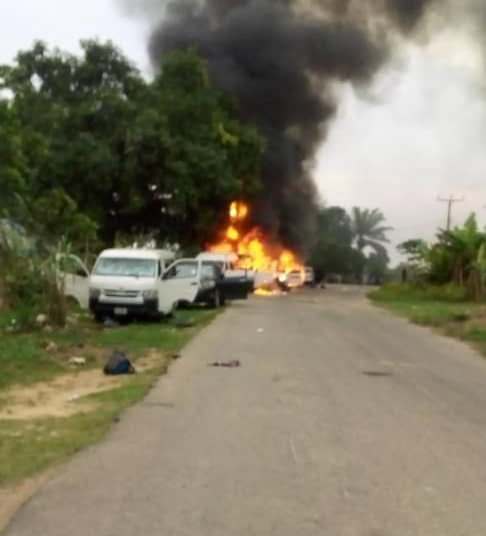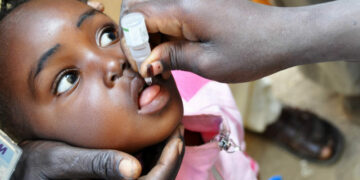There is no gainsaying the fact that violence is one of the most recurrent features of Nigeria’s electoral history and democratic journey since the nation’s independence in 1960.
In almost every election season, including off-season elections, Nigeria invariably witnesses an escalation of violence in the period before, during and after elections.
Politicians and their paid agents are known to be involved in violence against opponents and supporters. This is sometimes done directly, with mobilisation of thugs, or indirectly through hate speech and incitement of violence against targeted opponents.
It was, therefore, not surprising when even ahead of the 2023 general elections – presidential/National Assembly elections, and governorship and state assembly elections – the Independent National Electoral Commission (INEC) had already begun to raise the alarm over looming violence, largely due to the attitude of politicians.
Again, ahead of the polls, there were reportedly more than 60 attacks on INEC offices and facilities across the country, especially in the South East, and these generated palpable fear that the elections would not hold after all.
There are several different reasons why elections in Nigeria are usually characterised by violence. Some political actors resort to violence to neutralise their opponents. They sometimes use it to undermine an opponent’s ability to mobilise supporters and perform at the poll, or protest electoral losses.
Police Arrest 30 For Election Violence, Vote Buying In Ogun
Another motive is to manipulate or delegitimise the electoral process. The tactics include armed attacks, assault, assassination, kidnappings and all other forms of violence.
For instance, no fewer than 20 persons were feared killed during the governorship and state assembly elections across the country as violence, suppression of voters and apathy marred the process.
These persons fell to various acts of electoral violence in Delta, Lagos, Rivers, Cross River, Niger, Akwa Ibom, Osun, and Benue states and other areas where politicians deployed every means possible either to retain power to themselves or install their stooges.
It was clearly a do-or-die affair in states like Rivers, Lagos, Kaduna, Kano, Abia, Enugu, Delta, and Adamawa, among others, where the incumbent fought their last battles to remain relevant to ensure they are in charge of their states, either as governors or ex-governors.
In Lagos, thugs were said to have been planted at every nook and cranny of the state and they easily overran the security operatives deployed for the polls.
There were also reports of how thugs unleashed violence on voters and officials of INEC at Surulere, Oshodi, Mile 12, Ejigbo, Bucknor, Oke-Afa, Bolade Oshodi, Surulere, Amuwo Odofin, Berger, Ojo, Agiliti, Ago Palace Way, Okota, Mushin, Igando, Ibeju Lekki, Alimosho, Ijegun, Ijesha, Ikeja, Magodo, Elegushi, Fadeyi, and many other areas, all in Lagos.
Sadly, not one of these thugs, who were backed by local militia and motor park touts, was arrested or questioned by the security agencies as they moved unhindered, brutalising and maiming voters, especially those who were not out to vote for the ruling All Progressives Congress (APC)
Notably, violence clearly undermined the just concluded governorship and state assembly elections. While vote buying was more pronounced in the South-East, violence marred polls in the North Central and South-West region, including Lagos.
It was equally observed that voters were more focused on what they would get than the ideology of the candidates, with vote-trading made more attractive due to the prevailing economic hardship amid the current cash crunch. There was a lot of vote buying at polling units across the country, with the highest figures reported in the North West (35.4 percent) and South East (41.4 percent).
Voting is a fundamental right of every citizen which enables them to choose those that will govern them. And they must not only be guaranteed that right, they must be seen to exercise such rights freely. Anything short of this standard is clearly unacceptable.
We are equally saddened by the reports of violence during the elections and in the aftermath in some states. We strongly condemn it. The physical and verbal assaults committed are unacceptable and antithetical to democratic ethos.
As a newspaper, we call on the Nigerian authorities to ensure that perpetrators of violence are brought to book, and served the appropriate justice. Nigeria has relevant laws to curb electoral violence. The implementation and enforcement of these laws should therefore be a priority to us as a nation.





